Industrial companies are raising prices.
Corporations around the world have hit a wall of uncertainty in the first quarter of 2025 amid a global market that has been rocked by the Trump administration's policies.
As earnings season enters its second busy week, businesses are scrambling to calculate the cost of the chaos and map out how they plan to prevent the fallout.
"We're going to have to pull every lever we have to mitigate the impact of tariffs on our cost structure and our P&L," Procter & Gamble Chief Financial Officer Andre Schulten said on a conference call after the Pampers maker announced plans to raise prices to cover the impact of costs arising from the spreading tariff war.
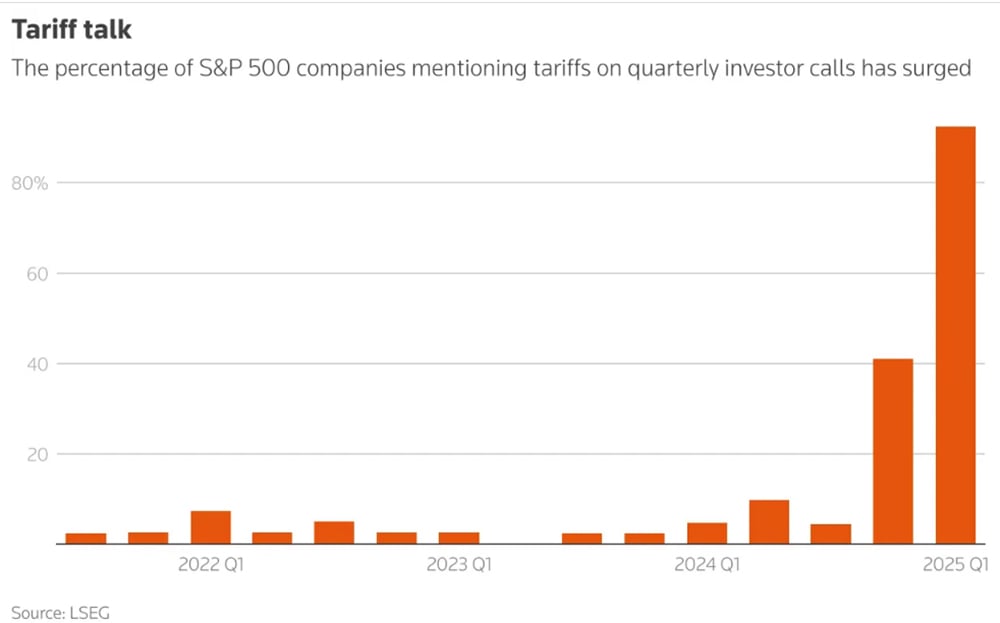
The proportion of S&P 500 companies mentioning tariffs on quarterly investor calls has skyrocketed.
Comments from the largest packaged food, beverage and consumer goods companies also underscore concerns among businesses and investors that Mr. Trump’s wavering stance on tariffs and his attacks on Federal Reserve Chairman Jerome Powell will hurt confidence on Main Street.
Cut profits
P&G - Soft drink and snack giant PepsiCo and medical device maker Thermo Fisher Scientific have become the latest companies to cut annual profit forecasts, citing trade uncertainties.
American Airlines has withdrawn its 2025 financial guidance, reflecting the views of its airline industry peers.
Other companies have expressed similar sentiments. Nestle CEO Laurent Freixe, Dove soap maker Unilever, and Chipotle Mexican Grill have all expressed concerns about weakening consumer confidence in the United States.
Notably, a Reuters analysis found that nearly 30 companies globally have withdrawn or cut their forecasts in the past two weeks, including building products company Masco and US airlines Delta and Southwest.
Elon Musk's Tesla said it will reassess its growth forecast in three months, partly because trade policy and backlash have hurt the electric carmaker's sales.
Market turmoil
Mr Trump announced steep tariffs on most of the rest of the world in a lavish event in early April, shaking business and consumer confidence and leading to a rapid sell-off in US assets.
Since then, Mr. Trump has alternated between rolling back some of those tariffs while threatening additional tariffs specifically targeting trucking, pharmaceuticals and semiconductors, among other industries.
Many companies also said they were uncertain about how to plan for the coming quarters. “We don’t want to make any changes to sourcing or product formulations in the short term unless we know what kind of environment we’re facing,” P&G’s Schulten said. The company is waiting for certainty before making decisions, he added.
The market backlash prompted Mr Trump to suspend most tariffs until July 8, but a blanket 10% tariff and tariffs on imported aluminium, steel and autos remain in place, as well as tariffs of up to 145% on goods imported from China.
US stock markets have steadied in recent days as Mr Trump suggested he could roll back some tariffs.
Investment Shift
South Korea's Hyundai Motor said it has set up a task force to address its response to tariffs and is shifting production of some of its Tucson crossovers from Mexico to the U.S. "We expect the challenging business outlook to continue due to the escalating trade war and various other unpredictable macroeconomic factors," the automaker said.
Hyundai is also considering whether to move production of some cars destined for the United States from South Korea to other locations.
Several major pharmaceutical companies say they will invest more money in the United States, where many already operate, even as they worry about cuts in health care funding and mass layoffs at the U.S. Food and Drug Administration.
“We are concerned about anything that could impact innovation or limit patient access to medicines,” said Bristol Myers CFO David Elkins.
Meanwhile, Chinese e-commerce giant JD.com said nearly 3,000 companies have inquired about a 200 billion yuan ($27.35 billion) fund announced on April 11 to help exporters sell their products domestically next year./.
German fan and motor manufacturer ebm-papst has suspended plans to build a third factory in the US and also halted the expansion of one of its existing US facilities due to current developments, including the risk that tariffs will cause an economic recession in the US.
(According to VTV)
Source: https://baoyenbai.com.vn/12/349415/Thue-quan-phu-mau-u-am-len-doanh-nghiep-toan-cau.aspx




![[Photo] Ready for the top competitions of Vietnamese table tennis](https://vphoto.vietnam.vn/thumb/1200x675/vietnam/resource/IMAGE/2025/5/18/9c547c497c5a4ade8f98c8e7d44f5a41)
![[Photo] Many young people patiently lined up under the hot sun to receive a special supplement from Nhan Dan Newspaper.](https://vphoto.vietnam.vn/thumb/1200x675/vietnam/resource/IMAGE/2025/5/18/6f19d322f9364f0ebb6fbfe9377842d3)
![[Photo] Party and State leaders attend the special art program "You are Ho Chi Minh"](https://vphoto.vietnam.vn/thumb/1200x675/vietnam/resource/IMAGE/2025/5/18/6895913f94fd4c51aa4564ab14c3f250)

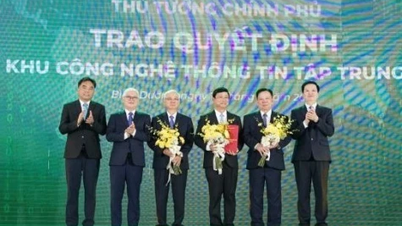




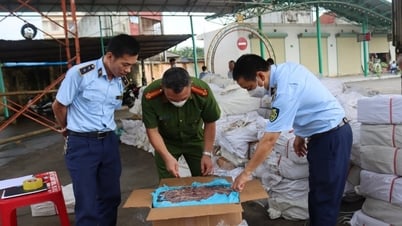









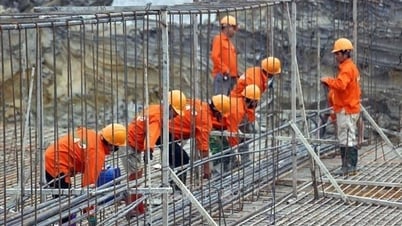
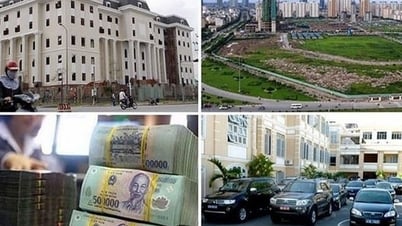














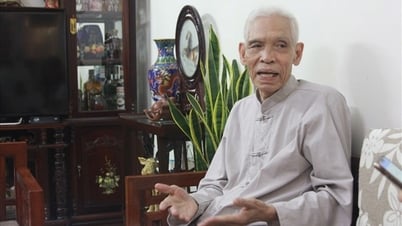










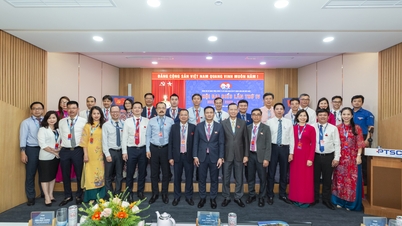











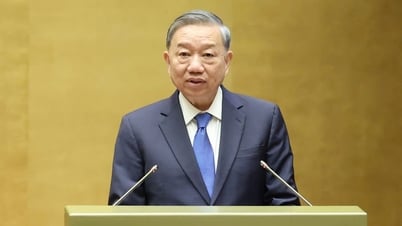











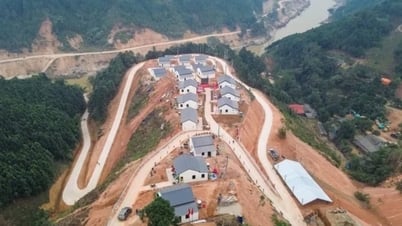

















Comment (0)